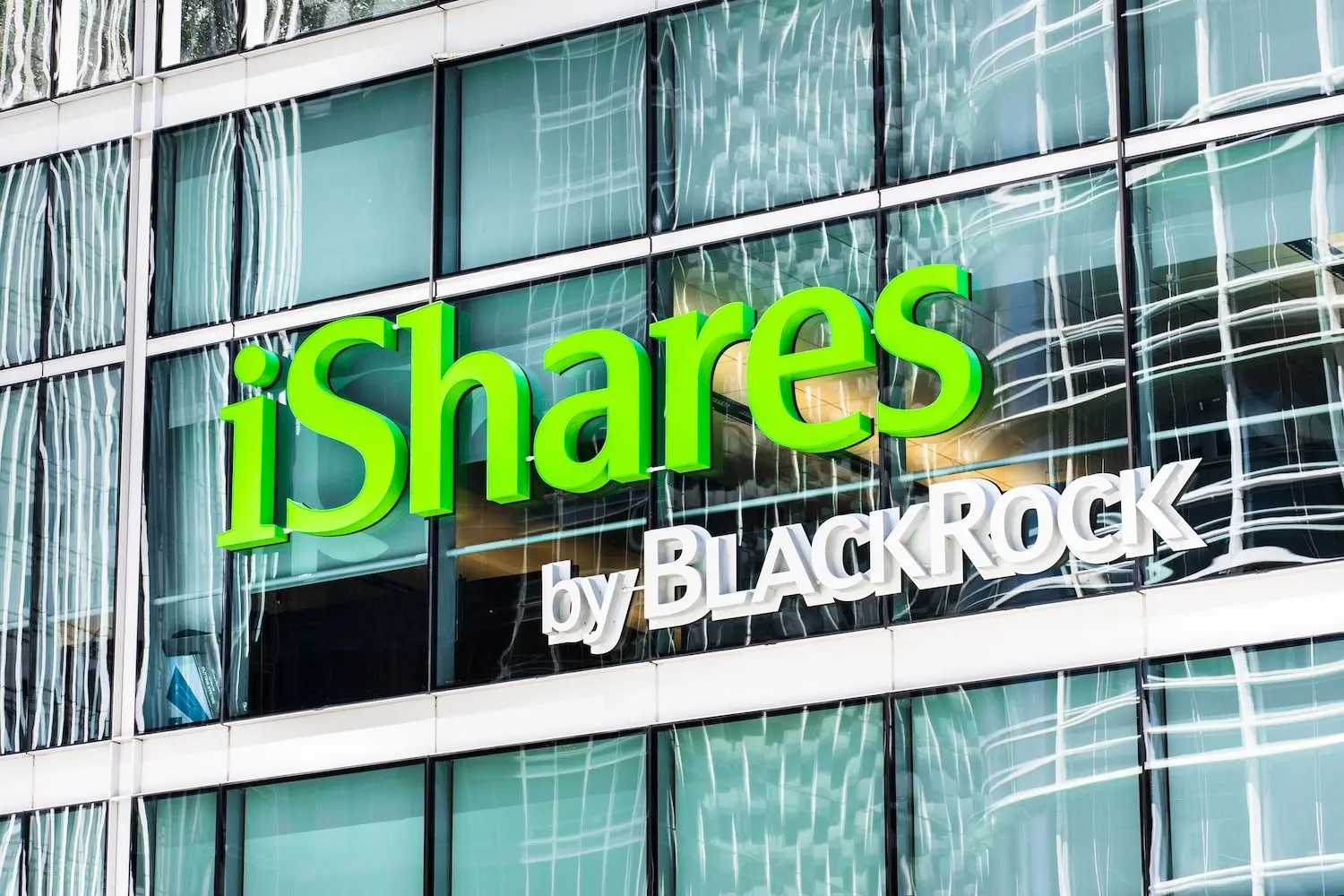BlackRock registered an iShares Staked Ethereum Trust exchange-traded fund in Delaware on Nov. 19, marking the asset manager's entry into a market segment where competitors already hold significant ground. The filing represents a strategic shift for the world's largest asset manager as it attempts to capture institutional demand for yield-generating cryptocurrency products, but the company faces a challenging competitive landscape after rivals launched similar offerings months earlier.
What to Know:
- BlackRock's $13.5 trillion asset management firm filed for a staked Ethereum ETF in Delaware, a preliminary step before seeking regulatory approval from the Securities and Exchange Commission.
- Competitors including REX-Osprey and Grayscale launched staked Ethereum products in September and October 2025, establishing early market positions before BlackRock's entry.
- The SEC's September 2025 approval of generic listing standards for cryptocurrency ETFs eliminated individual review requirements, accelerating product launches across the industry.
BlackRock's Filing Follows Regulatory Evolution
The Delaware registration represents an initial step in the ETF approval process. Asset managers typically establish trust structures in Delaware before submitting formal applications to federal regulators.
Bloomberg ETF analyst Eric Balchunas noted on X that BlackRock registered the fund under the Securities Act of 1933. The filing does not guarantee regulatory approval. BlackRock must still submit additional documentation to the SEC.
The company previously attempted to add staking capabilities to its existing iShares Ethereum Trust.
Nasdaq, which lists that fund, submitted an amended 19b-4 filing to the SEC in July 2025. The SEC historically resisted approving ETFs that incorporate staking mechanisms.
Regulatory conditions improved substantially in September 2025 when the SEC approved generic listing standards for cryptocurrency ETFs. This eliminated the requirement for individual SEC reviews of each product. The change accelerated launch timelines for compliant offerings across the industry.
Competition Intensifies as Rivals Capture Market Share
REX-Osprey launched ESK on Sept. 25, 2025, becoming the first to offer combined Ethereum exposure and staking rewards through a U.S.-listed fund. The product distributes monthly staking rewards to investors after deducting fees.
"REX-Osprey, a strategic collaboration between REX Shares and Osprey Funds, today announced the launch of ESK, the REX-Osprey ETH + Staking ETF, the first 1940 Act US-listed ETF to give investors exposure to Ethereum (ETH) plus staking rewards," the firm stated.
Grayscale activated staking features in its Ethereum and Solana ETFs during October.
The company integrates rewards directly into the fund's net asset value, a structure designed to enhance tax efficiency for investors. These moves gave both firms months of lead time over BlackRock's entry.
BlackRock has maintained a focused approach to cryptocurrency products, limiting its lineup to Bitcoin and Ethereum. Company leadership cites market capitalization, liquidity depth and institutional demand as determining factors. This selectivity has produced strong results for its existing products.
Data from SoSoValue shows the iShares Ethereum Trust accumulated cumulative net inflows of $13.09 billion and holds net assets of $11.47 billion. The fund reached $1 billion in assets under management within two months of launching. BlackRock's Bitcoin ETF, IBIT, has attracted cumulative net inflows of $63.12 billion and manages $72.76 billion in current assets, ranking first among Bitcoin ETFs.
Understanding Staking Mechanisms
Staking allows cryptocurrency holders to earn rewards by locking tokens in blockchain networks that use proof-of-stake consensus mechanisms. Ethereum transitioned to this model in September 2022. Validators who stake Ethereum receive newly issued tokens as compensation for securing the network.
ETFs that incorporate staking distribute these rewards to shareholders, creating an additional return stream beyond price appreciation. The SEC previously expressed concerns about whether staked products qualify as securities under existing regulations. The September 2025 generic listing approval resolved many of these uncertainties.
Market Positioning Depends on Execution
BlackRock enters the staked Ethereum market with established competitors already capturing assets and building investor relationships. The regulatory environment now favors rapid product development. Market dynamics will test whether BlackRock's brand recognition and distribution capabilities can offset its delayed entry.
The company's measured expansion strategy prioritized regulatory clarity over first-mover advantage. Coming months will determine if this approach allows BlackRock to reclaim market share from early entrants or if timing disadvantages prove difficult to overcome.



